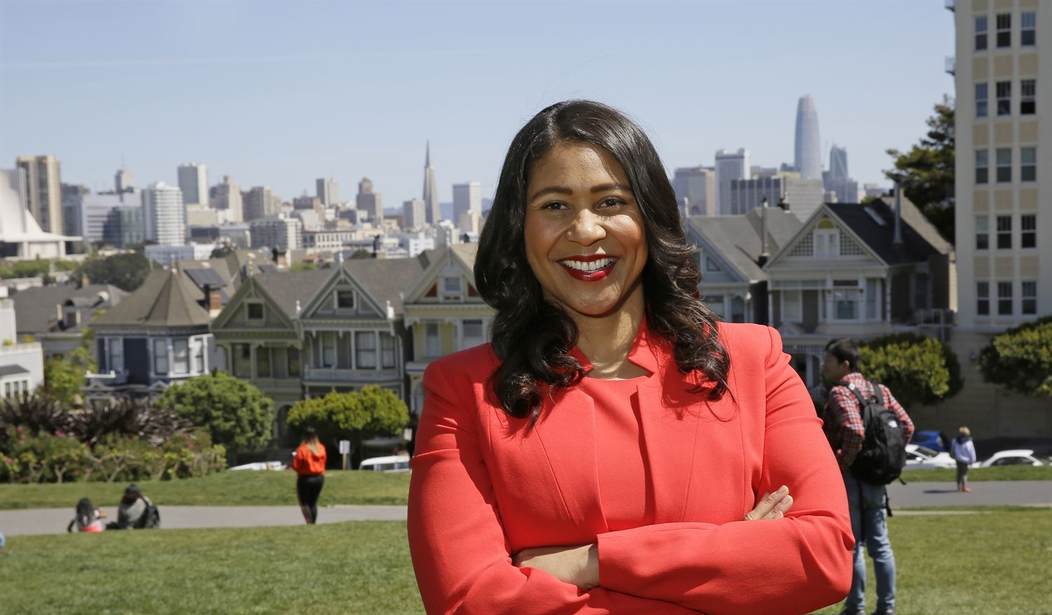I’ve written about the Boise decision before but it has been a while. Back in 2018 the 9th Circuit Court of Appeals issued a decision in a case called Martin v Boise. The judges concluded that laws punishing homeless behavior, such as sleeping on sidewalks, were a violation of the 8th Amendment prohibition against cruel and unusual punishment unless the city could provide an alternative.
“As a result, just as the state may not criminalize the state of being ‘homeless in public places,’ the state may not ‘criminalize conduct that is an unavoidable consequence of being homeless — namely sitting, lying, or sleeping on the streets,’” [Judge Marsha] Berzon wrote.
San Francisco has been trying to clean up its streets after years complaints from residents and businesses but the city was sued by the ACLU over the sweeps back in September.
A prominent homeless rights organization and a group of unhoused people are suing San Francisco to stop encampment sweeps and police enforcement of quality-of-life laws that target people living on the streets.
The lawsuit alleges that the city violates state and federal laws, its own policies and homeless individuals’ rights by “punishing residents who have nowhere to go,” and by seizing and destroying their belongings when clearing encampments. It also argues the city’s approach is ineffective and expensive, with the most recent city report estimating San Francisco spent more than $20 million in 2015 enforcing quality-of-life ordinances against homeless people.
The ultimate goal of the lawsuit is to push the city to instead spend billions on affordable housing to provide shelter for everyone and fix its homelessness crisis, which the lawsuit says is a result of decades of failed policies and underinvestment.
Just before Christmas Eve a judge put a hold on further camp removals in response to the lawsuit.
U.S. Magistrate Judge Donna Ryu on Friday night granted an emergency order that prohibits the city from removing tents and confiscating the belongings of encampment dwellers.
She pointed to evidence presented by the group of unhoused people and their advocates who asked for the injunction that San Francisco regularly violated its own policies when clearing encampments. The group cited many instances where authorities cleared people from encampments without offering adequate access to shelter, which is illegal. She also pointed to evidence of city officials improperly throwing away or seizing homeless people’s belongings, including tents, cell phones, medication, identification and prosthetic limbs…
“There’s no way for a person to voluntarily try to access a (shelter) bed at this point in San Francisco,” Ryu said at a hearing in Oakland on Thursday, referring to the “undisputed fact” that the city currently does not let homeless people sign up for shelter themselves. They only get into shelter when the city reaches out to them first.
Mayor London Breed issued a statement in which she sounded pretty frustrated with the outcome.
“Mayors cannot run cities this way,” she said. “We already have too few tools to deal with the mental illness we see on our streets. Now we are being told not to use another tool that helps bring people indoors and keeps our neighborhoods safe and clean for our residents.”
This current lawsuit is a lever and the Boise decision is the fulcrum point against which homeless advocates are attempting to force San Francisco and other cities to spend billions of dollars on free housing for thousands of homeless people. The city has correctly pointed out that many of the people still on the street at this point aren’t interested in housing or shelter because shelters come with rules many of them won’t accept (like not using drugs).
As it stands now, cities are being asked to spend money they don’t have to solve a problem they can’t solve (so long as shelters remain strictly voluntary and a majority of street people refuse them). Allowing drug addicts to hold the city hostage is a bad idea, but in the time it takes Judge Ryu to figure that out, San Francisco will be overrun with tent camps, open air drug dealing and feces on the sidewalks. None of that is going to be good for the city’s struggling small businesses, for its already shrinking population or for the its reputation as a destination for tourism.








Join the conversation as a VIP Member